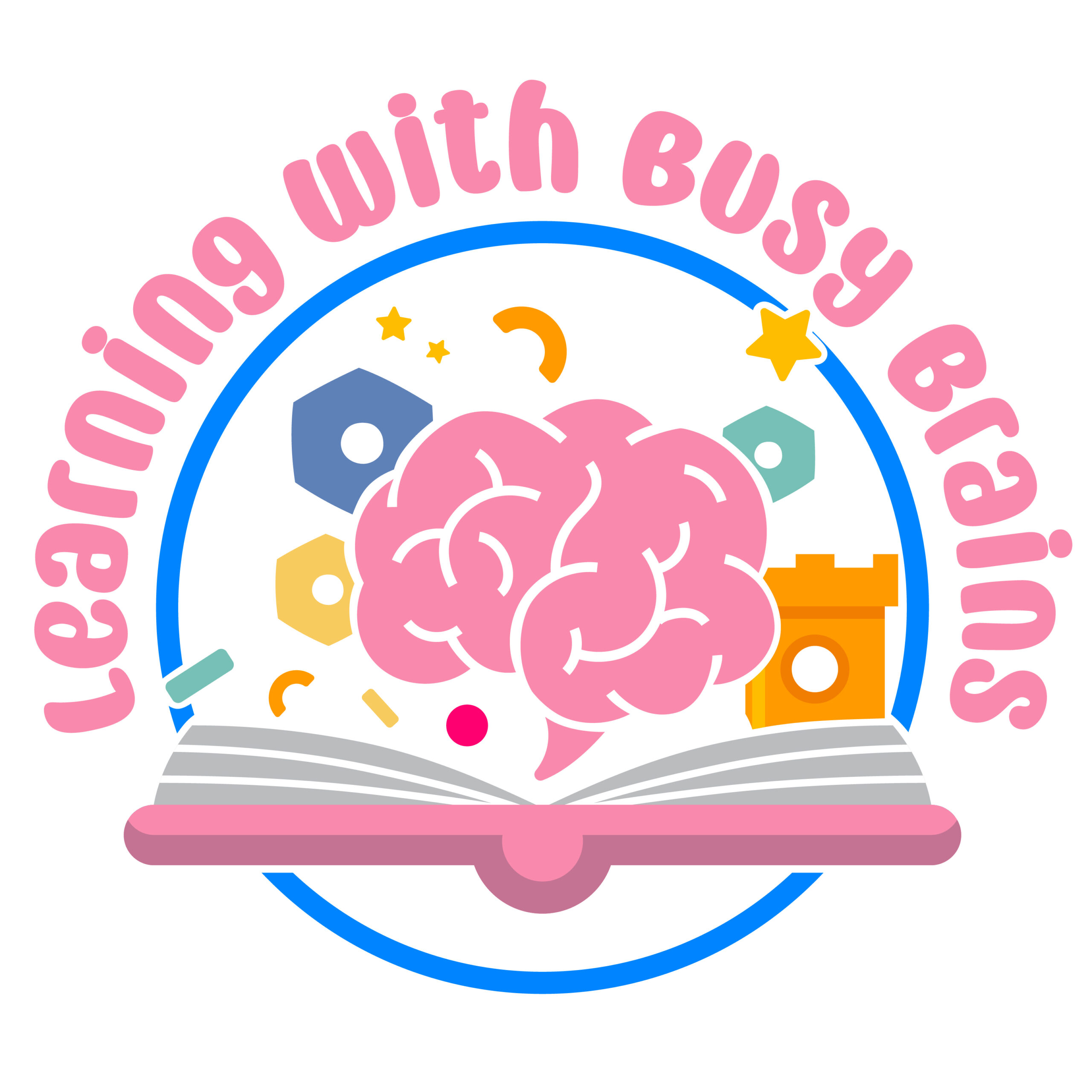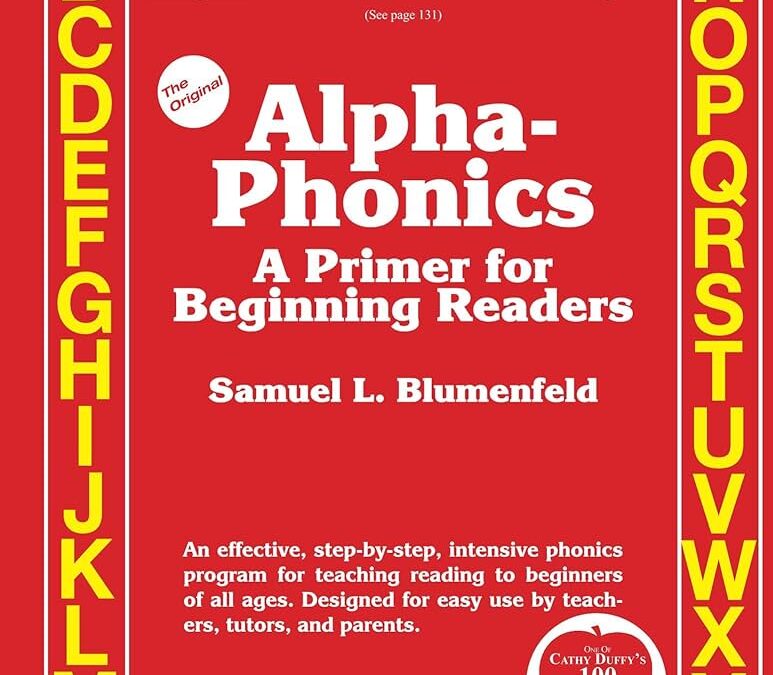One of the most important skills I want to teach my children is reading. It opens the door to a world of knowledge and discovery, but finding the right resources for their educational needs has been a journey filled with both challenges and triumphs.
Though English is their first language, it isn’t mine, which makes teaching reading a bit terrifying for me. To be honest, phonics feels overwhelming!
Then, three years ago, I stumbled upon Alpha-Phonics, a simple yet effective method for teaching reading, through a YouTube video by Judy Alvarez. Intrigued by its promise, I purchased the program from Amazon and embarked on a journey that has slowly but steadily reshaped the way I approach literacy instruction for my children.
A Personal Touch
Since then, Alpha-Phonics has become a cornerstone of our daily learning routine. My older child, who has “busy brains” has been working through the program with me. Reading has always been a challenge for her, and progress has been painstakingly slow. It’s taken us three years to make it halfway through the book, a process that has required endless patience. At the time we started, she was non-verbal, and every word gained has been the result of hard-fought effort.
I still remember the moment she read her first sentence aloud. It was a small victory, but to me, it felt monumental. Despite the slow pace, that moment symbolized all the dedication and persistence it took to get there. Each day may feel like a small step forward, but every step counts, and I couldn’t be prouder of her progress.
After three years, we’ve finally reached the point where she’s ready for The Good and the Beautiful. Even though this level overlaps with what my younger 6-year old child is working on, it’s a sign that she’s moving forward: just at her own pace, and I couldn’t be prouder.
Expanding Our Resources
Along the way, I also discovered Don Potter’s Reading Clinic, thanks to a YouTube review by Karen Rodriguez, that I realized there were additional resources to help us on this long journey. Don Potter is a passionate educator who has generously shared his knowledge and experience with Alpha-Phonics, creating a wealth of materials that complement the original program.
What I love most about Alpha-Phonics and Don Potter’s resources is their flexibility. I’ve been able to adapt the lessons, worksheets, and activities to fit my children’s unique needs. Whether it’s phonogram practice or cursive handwriting drills, each resource adds something valuable to their learning process. And best of all, many of these resources are free, which helps keep the focus on what matters most: my children’s learning, not my budget.
What are some of the phonics principles taught in Alpha-Phonics?
The phonics principles taught in “Alpha-Phonics” by Sam Blumenfeld are based on a systematic and logical approach to teaching reading through intensive phonics instruction. Here are some key principles:
- Phonetic Skills: The program emphasizes the teaching of basic phonetic skills in a step-by-step manner, which is essential for reading proficiency.
- Letter-Sound Correspondence: It focuses on the alphabetic principle, which is the understanding that there are systematic and predictable relationships between written letters and spoken sounds.
- Reading Fluency: By mastering the alphabetic principle, students can read fluently and automatically, allowing them to focus on comprehension.
- Flexibility: The program is designed to be flexible enough to adapt to different teaching styles and situations, making it suitable for a wide range of learners.
- Direct Instruction: The lessons are designed for direct one-on-one tutoring or classroom use, with large, clear calligraphy to focus attention on the task at hand.
- Comprehensive Approach: “Alpha-Phonics” can be used to teach beginners of all ages, as well as older students who need remediation, dyslexics, and non-English speakers.
These principles are designed to provide a sensible and logical tool for anyone who wants to teach reading with a minimum of training. The program’s structure makes it particularly valuable for programs that lack systematic phonics instruction.
Structure and Formatting:
Let me share some of the invaluable resources I’ve found at Don Potter’s Reading Clinic:
Instructional Materials:
- Scanned copy of Alpha-Phonics for printing or digital reading.
- Instruction Manual for Blumenfeld’s Alpha-Phonics.
- Lesson Plans used during the 1999-2000 school year.
Phonics Practice:
- Phonics Card Decks for phonogram practice.
- Phonogram Cards for cursive and print handwriting.
Assessment Tools:
These resources, along with many others, have been instrumental in shaping our learning journey with Alpha-Phonics. I printed it, laminated it, to use it with my children.
In closing, I am grateful for the wealth of resources available through Alpha-Phonics and Don Potter’s Reading Clinic. Their commitment to supporting parents, teachers, and tutors in the journey of literacy instruction is commendable. If you’re embarking on a similar journey with your children, I encourage you to explore these resources and discover the benefits of Alpha-Phonics for yourself. Together, we can empower our children to unlock the beautiful of reading and embark on a lifelong journey of learning and discovery.
Sam Blumenfeld Archives
You can also check out his past articles over at Practical Homeschooling Magazine. Credit: DIY Homeschooler.



Trackbacks/Pingbacks